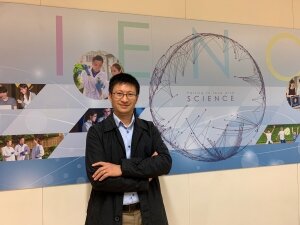
Processing time is important in almost all the tasks in our everyday life, for example, sport, speaking language, dancing or playing music. There are three types of time, quantifying elapsed time, memorizing short intervals and forecasting when an upcoming event may occur. A recent study by Prof Changsong Zhou, Associate Head and Professor of the Department of Physics, Director of Centre for Nonlinear Studies, and Deputy Director of Institute of Computational and Theoretical Studies and his collaborator Dr Zedong Bi from Qingdao University reveals the encoding principles of these three types of time using computational modelling. They trained the artificial recurrent neural network with various timing and non-timing tasks like animal experiments and studied the neural population activity patterns and structure in the learned networks to reveal the coding principles that have also been observed from neuroscience experiments. The work has been published in Proceedings of the National Academy of Sciences USA, 117, 10530–10540 (2020).
This work has also been reported in Nature Machine Intelligence, vol 2, 492-493, 14 September 2020. The authors, Hugo Merchant and Oswaldo Pérez, commented that “Overall, this interesting study provides specific predictions on how the three times are processed by neural networks across different temporal and non-temporal contexts, which in turn can be tested in well-designed neurophysiological experiments. Moving forward, the neural computations behind temporal processing in its three forms should be key for new developments in artificial intelligence and machine learning.”




